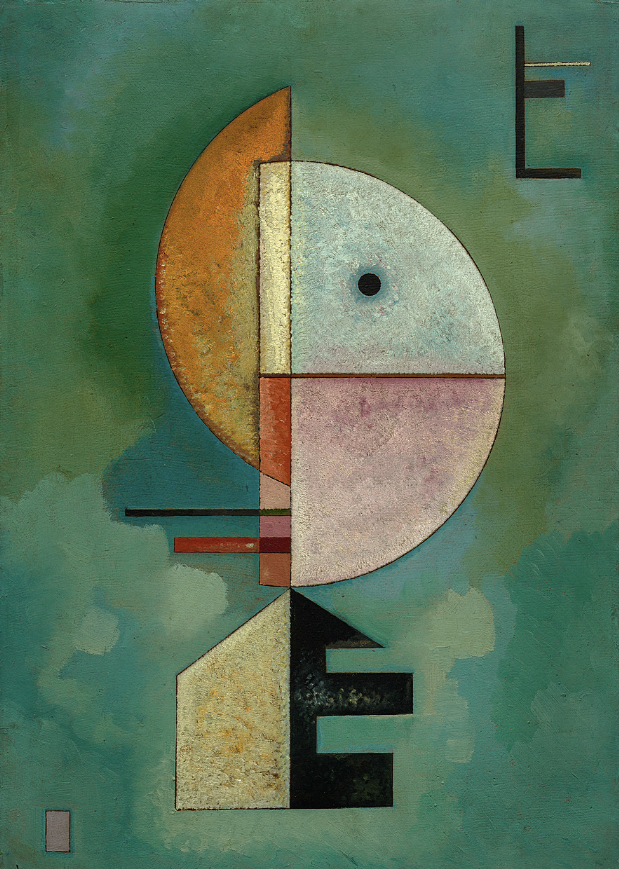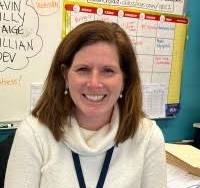Amy Bride | Maths in the USA
Podcast
Intro
Hi Amy, we are so pleased to see you today all the way from America, and we can’t thank you enough for giving us your time. Mr. Sammels tells us that we are working on a project with you, and we enjoyed meeting your class last time we met. We can’t wait to chat with you more now during this podcast, so why don’t we get started? Let’s go!
- Hi - what is 2+1000? (N)
- Hi Dr Amy, could you tell us a bit about yourself and how we got to meet you today?
- Hi Amy Bride, I see that you have have travelled and taught in many places, including Italy, Germany, Spain, the Czech Republic, Hungary Croatia, Sweden, Norway, and Denmark. Could you tell us about the similarities and differences between how different countries teach and learn maths?
- And I see you have an international collaboration, and you have a Masters Degree in Boston University. Do you think that having a masters degree in maths is important for your work and what qualifications should we aim at achieving if we want to be maths experts like you?
- Some people find maths super tricky. Why do you think this is, and how can we convince them that they can do maths after all?
- Who inspires you as a mathematician?
- We are carrying out a project with you that helps us experiment with maths from the UK to America. What do you hope to get from this experiment, and what excites you the most? We hope that you like the fact that we are keen to help you start your own podcast as a class and from America.
- We know you’ve been to our school - Mayflower-to visit. What did you like? And what do you think we could do better when it comes to maths?
- What do your children get most excited about in school in America?
- What is your favourite part of maths? For example, trigonometry geometry, long division area shape et cetera?
- Is there part of maths that we learn in schools that you think is actually pointless? For example, some people think learning algebra is a complete waste of time? What do you think?
- We understand that you have some fun ways of making maths accessible to children, like looking at maths in artwork. Do you think that maths is everywhere, all around us, or is it just for the classroom?
- Imagine that you weren't any good with numbers and you could never remember patterns. What would and wouldn't you do to train yourself to become a great mathematician, and what top tips have you got for families for learning maths when they are at home every day?
- Do you think that the Covid lockdown helped us become better or worse at maths and why?
Outro
Wow, thank you so much for talking to us about maths, Amy. We feel super-inspired now to try harder in my maths lessons and do more work with you. I can’t wait for my next lesson in class as well as our next chance to meet. Thank you for giving us your time and our next meeting could be about working on a new maths project together, so remember, together we can.
Andover Students’ Questions for Plymouth Students:
Thank you very much for meeting with us today. Our teacher has told us about your school and some interesting facts. We want to know more about Mayflower School and how you learn Math(s)
Here are some general questions about school:
1.What is your day like at school including lunch, recess and dismissal?
2.How long is your school day? Start time and end time
3. We have state testing here. It is called the Massachusetts Comprehensive Assessment System. We call it MCAS.Students in grades 3,4,5,6,8, and 10 take it in reading and math. Do you have anything like that?
4.What/How do you feel about wearing uniforms?
5. Do high school students come to your school ?
6.What grades are in your school?
7. What Specialists do you have - P.E., Art, Music,
8. Do you think we talk funny?
9. What type of books do you read?
10. Why do you call our country America rather than the United States?
11. Do your teachers use AI in the classroom? If so, how?
Now, here are some math questions:
-
Why do you call it maths?
-
What are you learning in math?
-
Do you code? How?
-
What is your favorite method for adding fractions?
Like 1 ⅖ + 1 ⅖
-
How do you do multiplication ? Like 21 x 30 or 210 x 7
-
How do you do division like 769/6
-
Do you do decimals?
-
Do you do a lot of math in art ?
We do symmetry and multiplication and other things like look for math in paintings.
-
What math do you see in the painting “Upward” by Vassily Kandinsky?


